No doubt, you've heard a lot about 5G lately. This might have you looking at your current 4G phone and lamenting your inability to connect to the faster network. But is 5G worth buying a new phone over, and should you buy one right now?
There are plenty of reasons why 5G is great. It's obviously faster than 4G, and you don't need to pay your carrier anything extra to take advantage of the better speeds. If your phone can connect to 5G, you're in. But that's not to say the technology is perfect. It's still quite new, and, as such, has a few pain points worth considering before placing an order for a new smartphone.
- Don't Miss: 5G News & Guides You Need to Follow
#1. Generally Outrageous Pricing
Smartphones have never been more expensive, and 5G is leading the high price tag charge. If your current smartphone isn't 5G-compatible, you'll need to drop some serious cash to get on board.
Here's the hard truth — most 5G smartphones you can buy right now approach or exceed $1,000. We know, the non-5G iPhone 11 Pro carries the same asking price, but seeing as no iPhone currently offers 5G, we're talking strictly Android devices.
These devices do range in price, meaning you don't need to break into four-digit territory to get connected to 5G. But even the cheapest 5G devices aren't cheap. The least expensive option right now for a brand-new 5G phone is the OnePlus 8, which starts at $699. Not exactly a "budget" price.
But then take a look at Samsung's latest offering, the Galaxy S20 lineup, starts at $999, and goes all the way up to $1,399. LG sells the V60 ThinQ through AT&T for $899, and through Verizon for $949 (though T-Mobile happens to carry it for a nice $699).
This pricing reality is affecting smartphones that haven't even come out yet. If the rumors and leaks stand, Google is likely sacrificing performance for the Pixel 5 by choosing not to use the most up-to-date Snapdragon 865 chip. The reason? To cut down on costs, so they can justify adding 5G to the phones.
#2. Limited Device Variety
With all that said, expensive phones are nothing new. Even before 5G hit the market, costs were rising, with Apple famously setting the iPhone X at $1,000 way back in 2017. Since then, many flagships have reached that $900 or $1,000 price point, whether or not they include 5G.
However, for most use cases, you don't have to go with the most expensive option. While the US has never had the mid-tier smartphone market other countries do, there are plenty of $400 devices out there that could check off every box on your list. The new iPhone SE, for example, packs in the same internals as the iPhone 11, all for $399. For many people, phones like that would be more than enough, and wouldn't cost them an arm and a leg.
When it comes to 5G, however, you don't really have that freedom. Not only are 5G phones expensive, you have to pick a 5G phone. That might seem obvious, but if you're committed to 5G, you'll have to skip out on iPhones altogether, at least until Apple releases its own 5G device.
Even if you're okay sticking to Android-only, you're still limited. If you find a great deal on the Galaxy S10, or the OnePlus 7 Pro, you're out of luck, since those devices don't work with 5G. Forget about the vast majority of the used market, forget about picking up last year's model, and forget about checking out an interesting flagship that just so happens to not have 5G.
That's not even getting into carriers. Did you know you can't currently buy the base-model S20 on Verizon? While the S20 is equipped with 5G, Verizon is waiting for Samsung to make that model capable with mmWave. Even your carrier could limit the type of 5G phone you can buy.
#3. The Best 5G Probably Isn't Available Where You Live
So, you've got your hands on a 5G phone. Can you even use it? We don't mean the phone, of course, as the phone should work just fine. We mean, can you even connect to 5G where you happen to live?
Your 5G phone won't connect to 5G just because you're within range of any old cell service. You need to be in an area that supports 5G itself. All carriers are currently building their 5G coverage across the country, as 5G devices become more and more commonplace. That said, it's far from the level of 4G coverage that's out there, so there's a real possibility your area isn't 5G-ready yet.
Even if your carrier does support 5G where you live, that doesn't mean you'll see blazing-fast speeds yet. That's because not all 5G is equal. If your carrier only supports low-band 5G for your area (600–700 MHz), you really will only see a slight bump in speed over the existing 4G network. This is the vast majority of the coverage that T-Mobile and Sprint provide, for example. However, if you're within a mid-band (2.5–3.7 GHz) or mmWave (25–39 GHz) location, you'll really see the benefits of 5G.
#4. Your Battery Is Going to Take a Hit
Sure, 5G is super exciting. Who wouldn't want their smartphone to have better speeds than their home Wi-Fi? But there is one area where 5G, especially mmWave, won't be fun — battery life.
It takes a lot of energy to pull off this type of connection. MmWave is anything from 25–39 GHz, which is ten times that of 5G's mid-band, and 35 to 65 times that of 5G's low-band. The strain on your smartphone's battery is going to be intense, which is why OEMs put larger batteries inside 5G smartphones than they do for non-5G ones.
But 5G smartphones still don't have an ideal battery size for the amount of power mmWave requires. While the S20 Ultra 5G packs in a massive 5,000 mAh battery, connecting to the fastest 5G possible is still a supreme power drain. Add in the impressive 120 Hz Quad HD AMOLED display, and you have a battery that's under a lot of stress.
Take MKBHD's mmWave test of the Galaxy S10 5G. He started the day with 75% battery, then, after testing the network for about four to five hours, ended up with 21%. For a phone with a 4,500 mAh battery, that's a lot of battery drain.
MKBHD also notes that the entire time the S10 5G was connected to 5G, it was "warm to the touch." That wasn't while playing a game or doing anything intense on the phone, mind you. It was warm while performing very low-demanding tasks. The heat, we're left to assume, comes from the 5G connection itself.
So, Should I Buy a 5G Phone?
Look, if you have the money, live in an area with 5G coverage, and like the selection of phones that currently offer 5G, go for it! Buying a phone with 5G now will future-proof it — as 5G grows and expands, your phone will be able to connect, while any non-5G phone you buy now, well, won't.
I think the major factor in this decision, however, is the cost. If you never intended to spend so much money on a smartphone, it might not be worth it to you to buy a 5G one, at least not now. If you don't live in an area with 5G coverage, you won't see any immediate benefits, and even if 5G eventually comes your way, 4G speeds are going to feel fast enough for many people.
We have to remember that 5G is still a relatively new technology. And, like all new technologies, still has some kinks to iron out before it really becomes a standard. So, while it's not absolutely necessary to buy a 5G phone right now, it's really up to you and the factors at play.
Just updated your iPhone? You'll find new emoji, enhanced security, podcast transcripts, Apple Cash virtual numbers, and other useful features. There are even new additions hidden within Safari. Find out what's new and changed on your iPhone with the iOS 17.4 update.
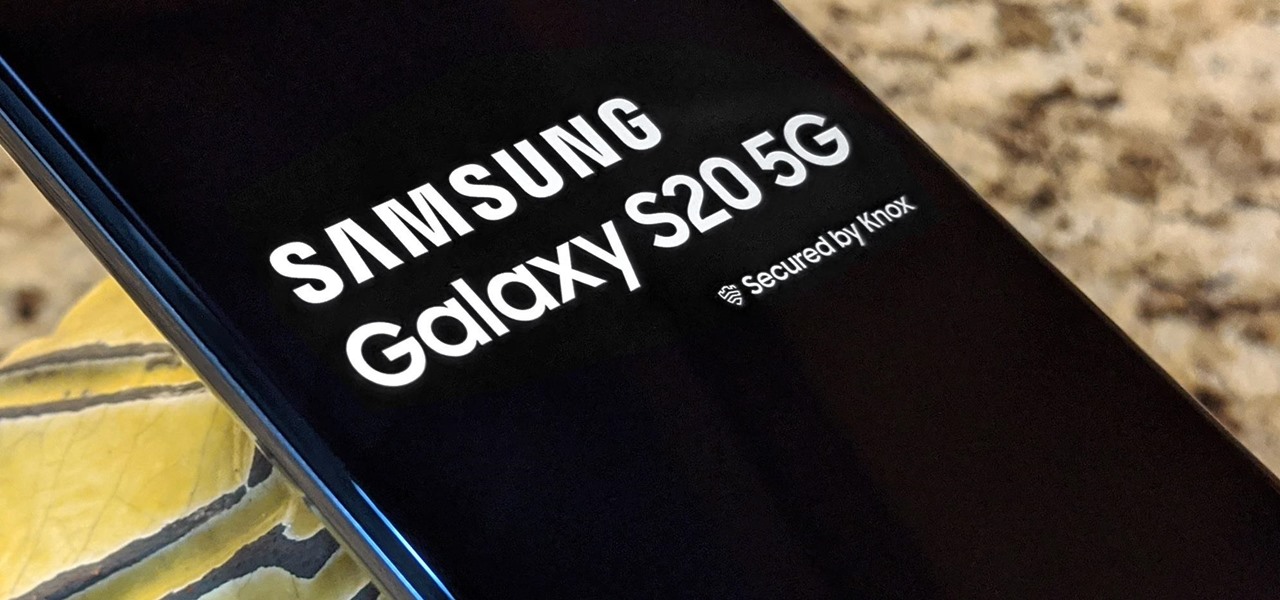


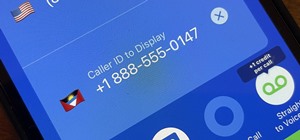
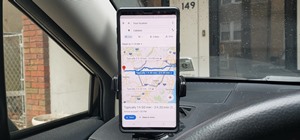

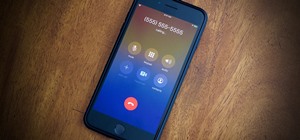


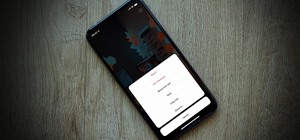


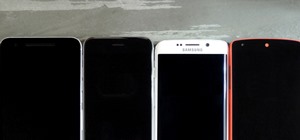

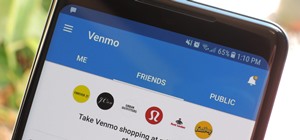


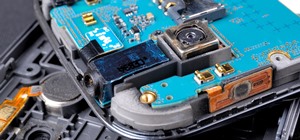
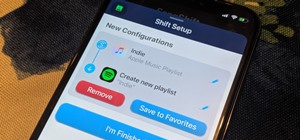



Be the First to Comment
Share Your Thoughts